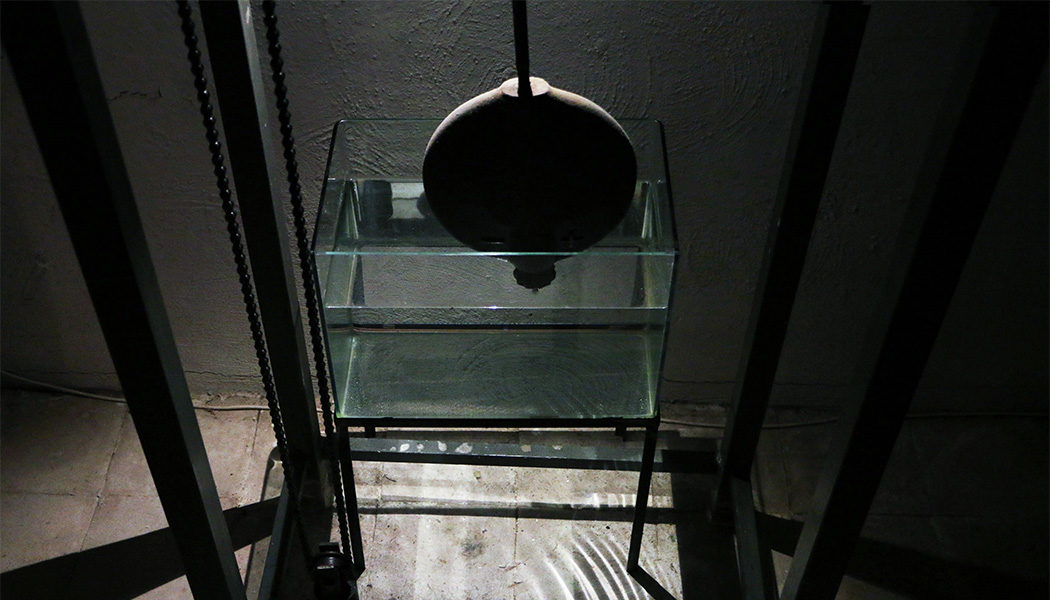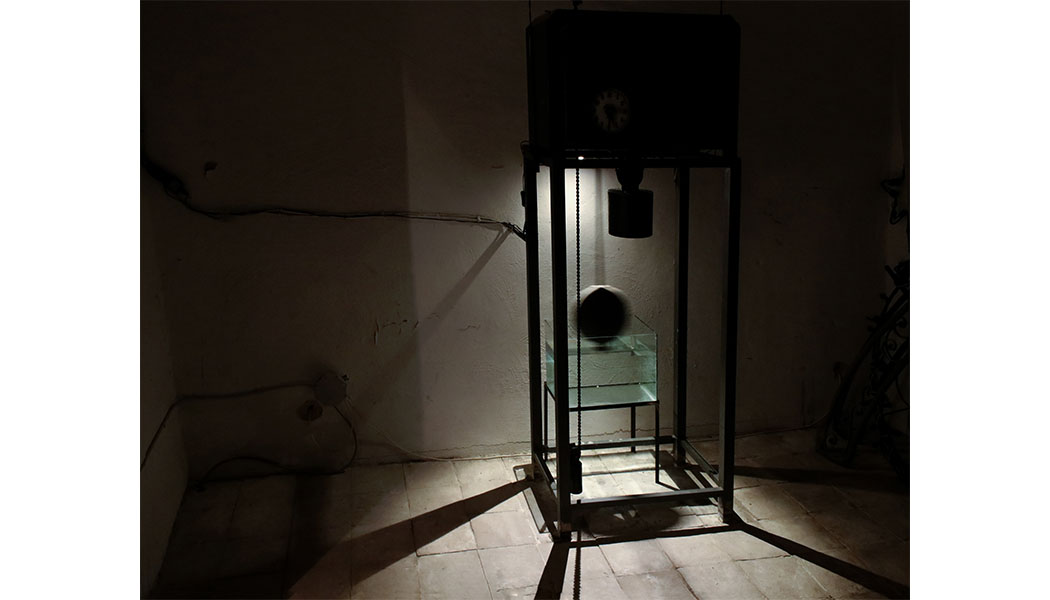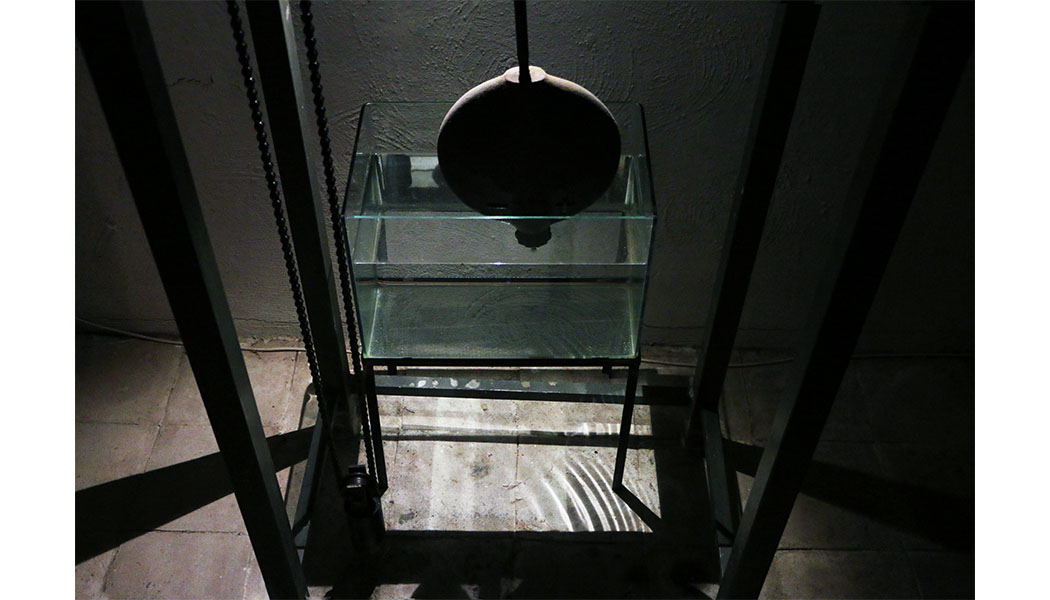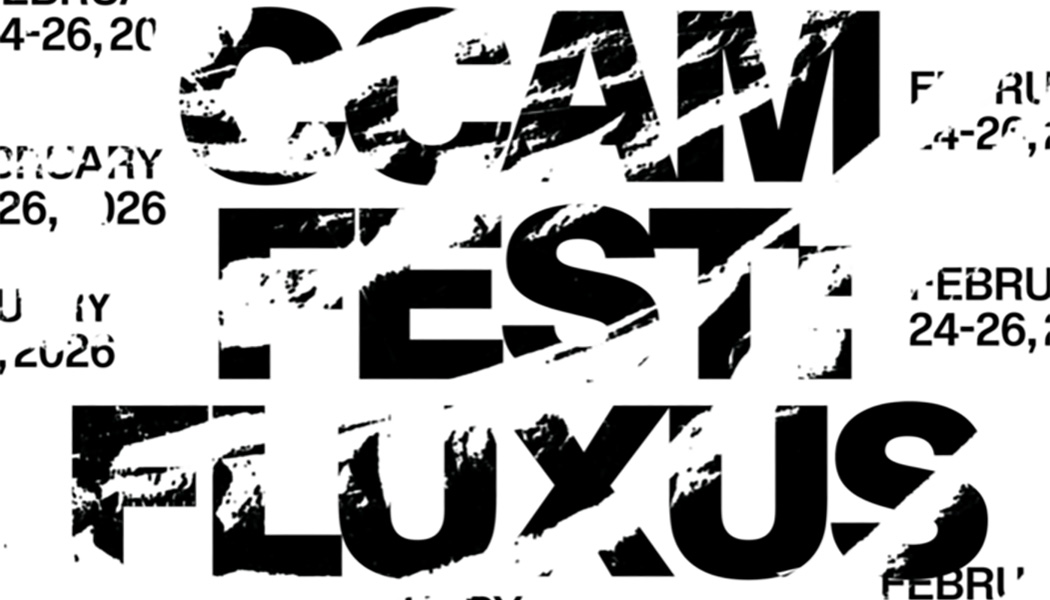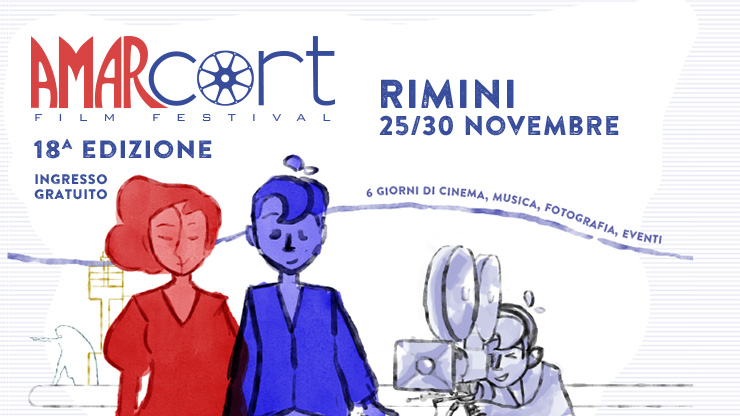RUFA student Wang Yuxiang from the School of Visual Arts is among the finalists of the 16th edition of the ‘Talent Prize 2023’ with the work ‘Vacava’.
On 19 September at the Goethe-Institut in Rome, the press conference of the 2023 Talent Prize, the contest conceived by Guido Talarico, editor and director of Inside Art, promoted by Inside Art and realised thanks to the support of the Culture and Art Foundation. A contest that every year tells of the richness and quality of the artistic production of the new generations.
The winner of this edition was Giulio Bensasson, the artist most voted by the jury, who was awarded the work Come funghi. Among the nine finalists selected was RUFA Visual Arts student Wang Yuxiang, who convinced the jury with his work ‘Vacava’.
“Vacava” by Wang Yuxiang
The installation ‘Vacava’ was initially conceived in 2022 site-specific for the exhibition Vacunalia – Il tempo scortese, curated by Niccolò Giacomazzi and Benedetta Monti, at the village of Vacone (RI).
The work consists in intervening directly on the mechanism of the pendulum clock, located in the main tower of the village. On the same tower is the clock face that regulates the passing of time in the village and its citizens. The artist’s intervention consists in slowing down the time of the entire town.
The artist, after dialogue with the curators and the clock designer, placed a transparent glass container with water under the clock. In this way, the pendulum immersed in the water, due to the heat and resistance/friction created by the water, will oscillate more and more slowly, slowing down its movement and that of the hands. The artist has thus designed a second work, in line with the first, reproducing the same mechanism that was previously site-specific. In this new work from 2023, there is a consistent temporal reference: the passage of time and the oscillation of the pendulum will also be modified by the entropy within the exhibition space. The installation is also accompanied by sound: the chiming every 15 minutes and the beating of the moments marked by the pendulum, whose oscillation is gently dampened by water. The mechanism, directly linked to the gears, causes a metaphorical theft of time, a mocking and cynical attempt destined to its inevitable failure.
The more the pendulum is immersed in water, the slower the pendulum will go. The depth of the water depends on the movement of people and the heat and humidity of the space. The title ‘Vacava’ comes from the word ‘vacare’, linked to the history of the village Vacone, which has as its reference the Goddess Vacuna who is the “protector of idleness and rest after hard work”.
Time cannot be conceived in the present tense, but can be considered in its past tense (time minus a second), which is what happens in Italian grammar with the ‘imperfetto dell’indicativo’. A discourse on the concept of the Italian language is thus inserted.
Find out more on the event
